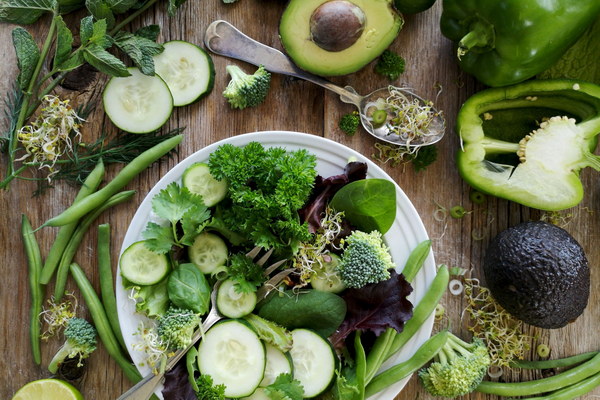The Potential of Total Flavonoids in Liver Protection Fact or Fiction
Introduction:
The liver is a vital organ responsible for detoxifying the body, processing nutrients, and producing essential proteins. However, due to lifestyle factors and environmental pollutants, the liver can become damaged and compromised. One of the most intriguing natural compounds that have been studied for their potential liver-protective effects is total flavonoids. But does the inclusion of total flavonoids in one's diet or supplement regimen actually provide liver protection? Let's delve into the research and findings to shed some light on this question.
The Role of Flavonoids:

Flavonoids are a diverse class of plant compounds known for their antioxidant, anti-inflammatory, and anti-carcinogenic properties. They are found in a variety of fruits, vegetables, and herbs, and are thought to contribute to the health benefits of a balanced diet. The total flavonoid content in these sources can vary significantly, making it an interesting area of study for potential health benefits, including liver protection.
Research Findings:
Several studies have investigated the effects of total flavonoids on liver health. Here are some key findings:
1. Antioxidant Properties:
Total flavonoids are potent antioxidants that can neutralize harmful free radicals in the body. Free radicals are unstable molecules that can cause cellular damage, including in liver cells. By scavenging these free radicals, total flavonoids may help reduce oxidative stress and protect liver cells from damage.
2. Anti-inflammatory Effects:
Inflammation is a common response in liver diseases, such as non-alcoholic fatty liver disease (NAFLD) and hepatitis. Total flavonoids have been shown to have anti-inflammatory properties, which could potentially reduce liver inflammation and improve liver function.
3. Hepatoprotective Effects:
Some research suggests that total flavonoids may have direct hepatoprotective effects, meaning they can protect the liver from various forms of damage, including alcohol-induced liver injury and chemical-induced liver toxicity.
4. Liver Disease Improvement:
Clinical studies have reported improvements in liver function and markers of liver disease in individuals who have consumed flavonoid-rich diets or supplements. However, it is important to note that these studies often have limitations, and more robust research is needed to confirm the benefits.
The Debate:
Despite the promising findings, there is still debate regarding the effectiveness of total flavonoids in liver protection. Some critics argue that the results of studies are not consistent, and that the potential benefits may be limited to specific populations or in the context of a comprehensive lifestyle and diet change.
Conclusion:
While the research suggests that total flavonoids may offer liver-protective benefits, more extensive and well-designed studies are needed to fully understand their potential role in liver health. Incorporating a variety of flavonoid-rich foods into the diet is generally considered safe and may offer additional health benefits. However, it is important to consult with a healthcare professional before starting any new supplement regimen, especially if you have existing liver conditions or are taking other medications.
In summary, the evidence indicates that total flavonoids may play a role in liver protection, but more research is necessary to confirm their effectiveness and determine the optimal dosage and duration of use. Until then, a balanced diet rich in fruits, vegetables, and herbs is a good starting point for maintaining liver health.









